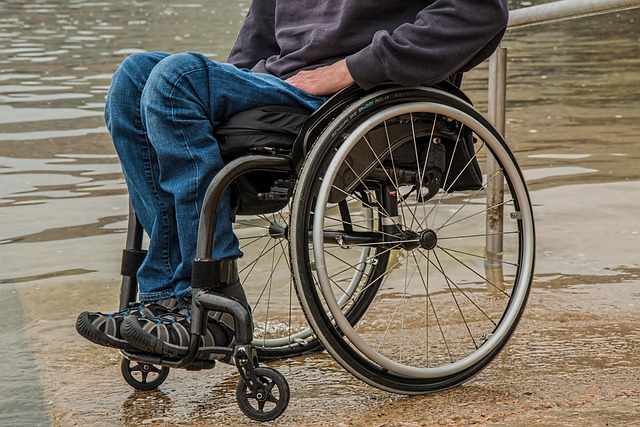Many people with addiction also have co-occurring mental health issues, which require specialized substance abuse treatment centers with trauma-informed care. These centers address underlying traumas and offer holistic programs integrating CBT, nutrition, exercise, and stress management. By treating both addiction and mental health conditions simultaneously, these facilities foster lasting recovery through personalized mindfulness plans, counseling, group therapy, and expert support, enabling individuals to lead fulfilling lives free from addiction.
Co-occurring disorder treatment is transforming the way we address addiction. By targeting the intricate link between mental health conditions and substance abuse, specialized centers offer a holistic approach to healing. Understanding co-occurring disorders involves unraveling the connection between addiction and underlying mental health issues, often exacerbated by traumatic experiences.
This article explores how trauma-informed care, provided by substance abuse treatment centers, creates a safe space for individuals to heal from both addiction and the root causes driving their harmful habits.
- Understanding Co-Occurring Disorders: Unraveling the Connection Between Addiction and Mental Health
- The Role of Trauma-Informed Care in Effective Substance Abuse Treatment
- How Specialized Centers Approach Holistic Healing for Co-Occurring Conditions
Understanding Co-Occurring Disorders: Unraveling the Connection Between Addiction and Mental Health

Many individuals struggling with addiction also deal with co-occurring mental health disorders. This complex relationship is often a barrier to successful substance abuse treatment. Understanding this connection is crucial for effective recovery. Co-occurring disorders, such as depression, anxiety, or PTSD alongside addiction, require specialized care that addresses both conditions simultaneously.
Trauma-informed care approaches in substance abuse treatment centers have proven effective in managing these complex cases. These programs offer a safe space to process traumatic experiences and develop healthy coping mechanisms, which are essential for long-term recovery. Additionally, incorporating Stress Management Workshops for Addiction Recovery and personalized mindfulness plans can empower individuals to manage their mental health and prevent relapse. Co-occurring Disorder Treatment Options tailored to each person’s unique needs can lead to better outcomes and a smoother transition into addiction recovery.
The Role of Trauma-Informed Care in Effective Substance Abuse Treatment

In recent years, there’s been a growing recognition that trauma-informed care is an essential component in effective substance abuse treatment. Many individuals struggling with addiction have experienced underlying traumatic events such as physical or emotional abuse, neglect, or loss—issues often overlooked in traditional treatment models. Substance abuse treatment centers with trauma-informed care recognize and address these past traumas, understanding that healing from them is crucial for successful recovery.
By integrating this approach, addiction treatment centers specializing in specific substances offer a more holistic wellness program. This includes evidence-based practices like Cognitive-Behavioral Therapy (CBT) reframing negative thoughts and behaviors, along with holistic initiatives such as prioritizing nutrition, exercise, and stress management for overall well-being. Such comprehensive care not only tackles the addiction but also supports individuals in processing and managing their traumatic experiences, fostering a stronger foundation for lasting recovery.
How Specialized Centers Approach Holistic Healing for Co-Occurring Conditions

Specialized substance abuse treatment centers with trauma-informed care recognize that addressing only addiction isn’t enough to achieve lasting recovery. They adopt a holistic approach, acknowledging that many individuals struggling with addiction also have co-occurring mental health disorders, such as depression, anxiety, or PTSD. By integrating evidence-based treatments for these underlying conditions, these centers aim to disrupt the cycle of addiction and promote true healing.
These facilities often offer a range of therapeutic interventions, including individual counseling, group therapy sessions, and mindfulness techniques for stress relief. They cater to individuals with diverse needs, focusing on specific substances like alcohol or drugs while providing expert support for the unique challenges associated with each person’s journey. The ultimate goal is to empower individuals to lead fulfilling lives free from addiction, fostering a supportive environment conducive to long-term recovery.
Co-occurring disorder treatment centers that offer trauma-informed care are transforming lives by addressing both mental health and addiction simultaneously. By understanding the intricate link between these issues, specialized facilities provide holistic healing tailored to each individual’s unique needs. This comprehensive approach ensures that those struggling with substance abuse receive the necessary support to overcome their challenges and embrace a healthier future. When seeking effective substance abuse treatment centers with trauma-informed care, individuals can find hope and recovery in these dedicated spaces.






